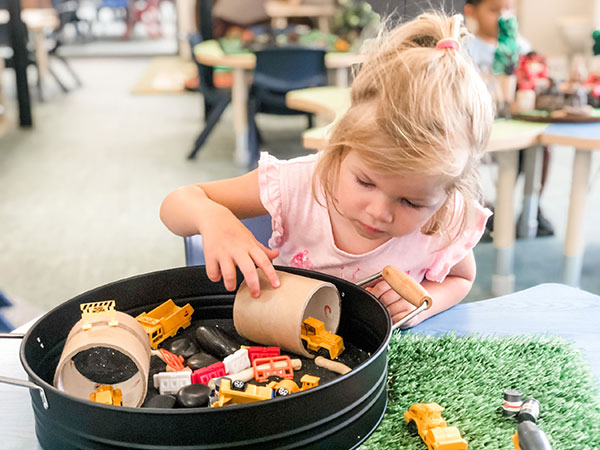Most parents often face this issue, when they leave their toddlers at a day care. The moment they get separated, the toddlers start crying and creating tantrums. They cry because they feel anxious and insecure. This fear of separation and the helplessness of the child to handle this separation create anxiety problems, which continue to stay in the child even after they join a preschool. This situation can be very frustrating for both the parent and the child. But don’t worry, separation anxiety can be easily overcome if the process is started as early as possible.
Gradual Transition Process –
If you are going to put up your child in a situation which requires adjustment, it is best to let the kids practice it in smaller doses beforehand. In case, if you are going to put up your toddler in a child care Dee Why, you could make a gradual entry for your child. You can leave them for one to two hours, stay together first, and then over time minimise your availability. This will let your child experience the transition process little by little at a time, which will help them handle the feeling of separation from you.
Don’t Slip Away –
Most parents are of the assumption that if they leave the kids at the child care Dee Why and silently slip away, the child might not experience a separation anxiety. But in reality when you sneak out silently, the trust that your child had on you gets disturbed, which might end up in a situation that they might want you the whole time. So be clear, and say a goodbye, tell them that you will be back and then leave. Otherwise, your child might be worried!
Be Consistent With Your Timings –
Practice the same pick-up and drop-off time with you toddler every day at the Dee Why early childhood centre. A routine can help your child to build trust in you that you will be there to pick them back.
Keep your child at Minimal stress
Create a calming environment for your child every day, so that they remain stress-free and enjoy their day at day care Dee Why.
Watch Out Your Emotional Signals
Your toddlers can actually sense if you are anxious or worried about something. Many researchers say that the infants and toddlers around the age of 4-5 months develop emotional cues from their parents. So, if you are sad about something, even though you did not verbalise, your toddler will understand your vibes and become anxious. So even if you are anxious or sad, put a smile on your face and keep going!

